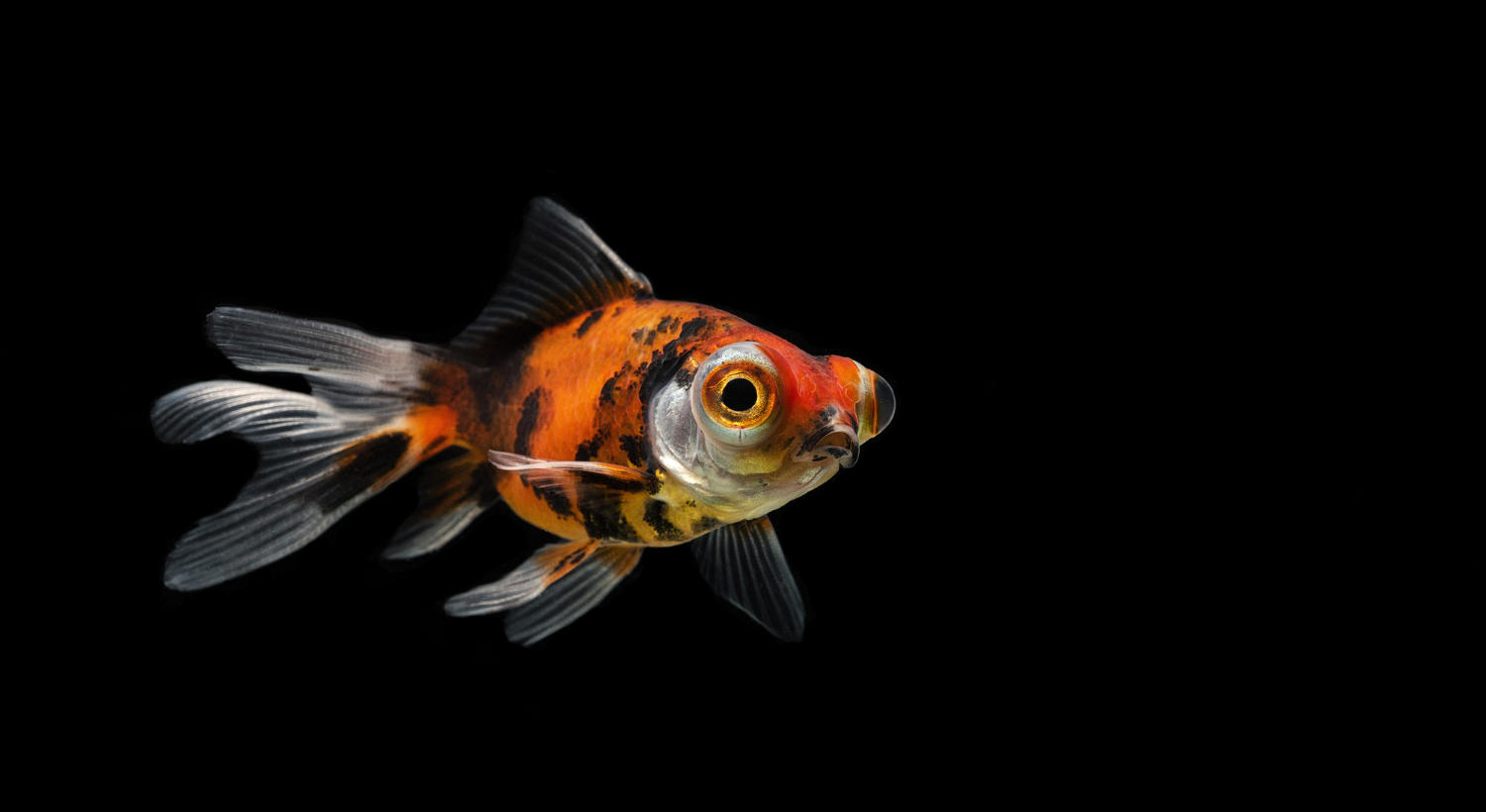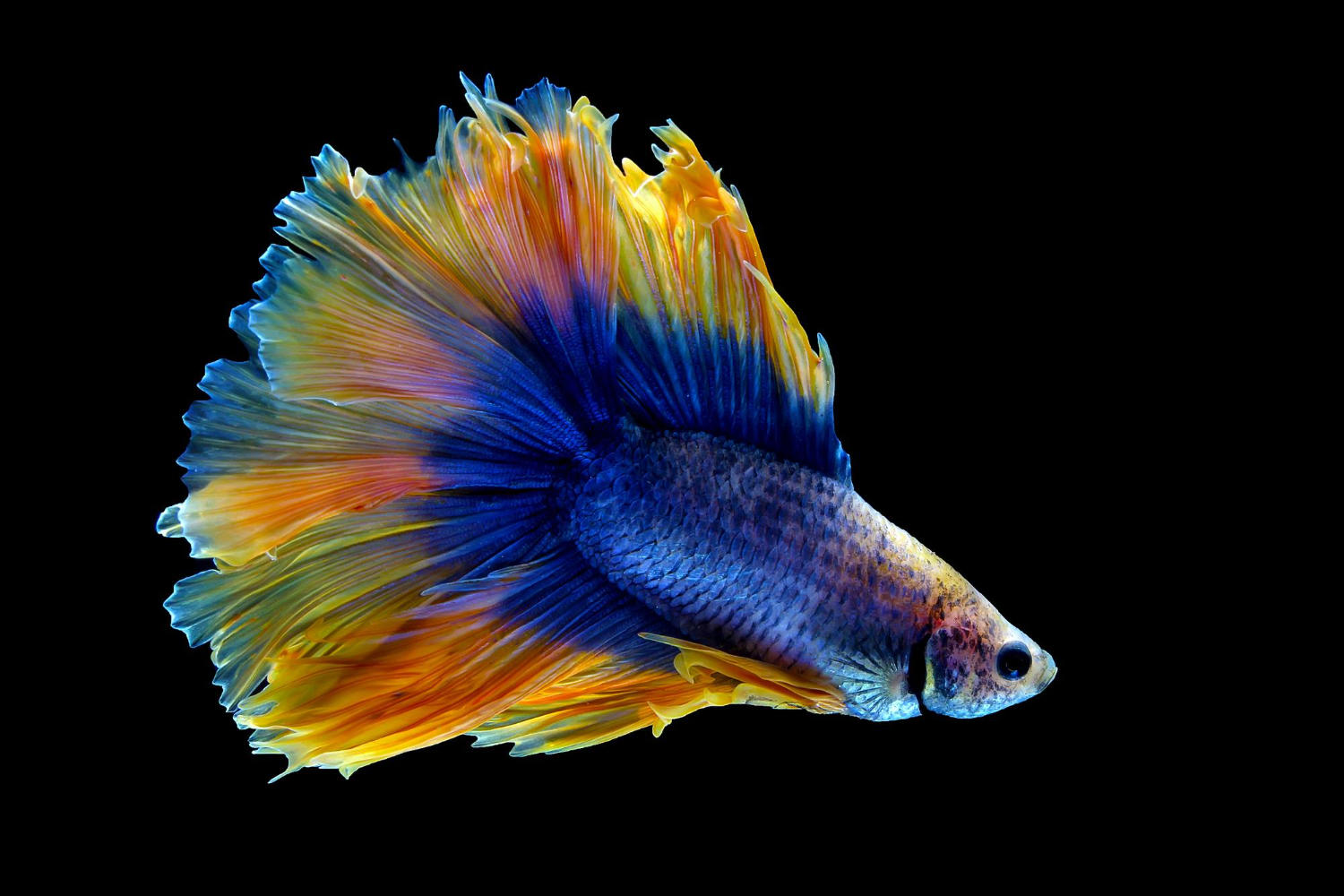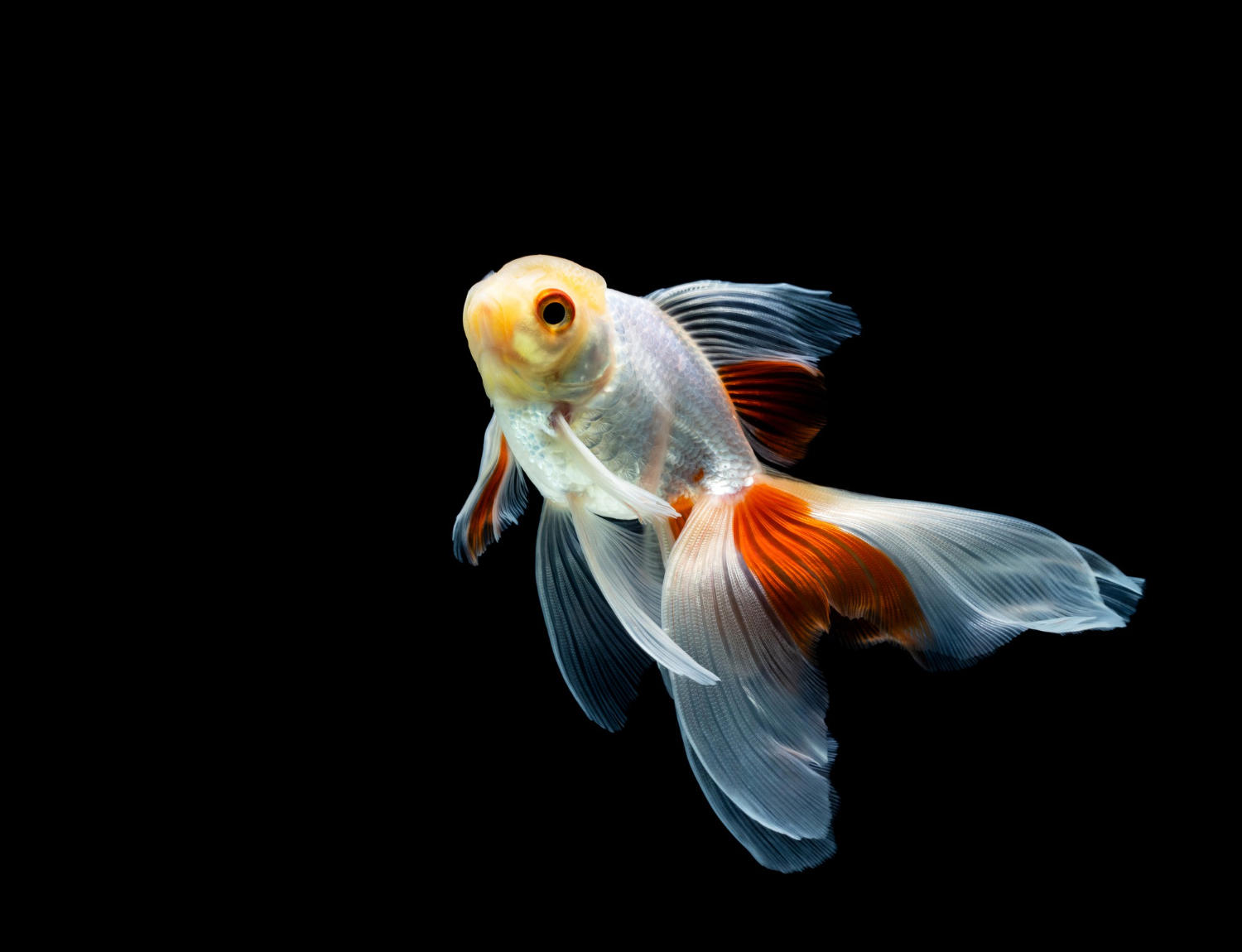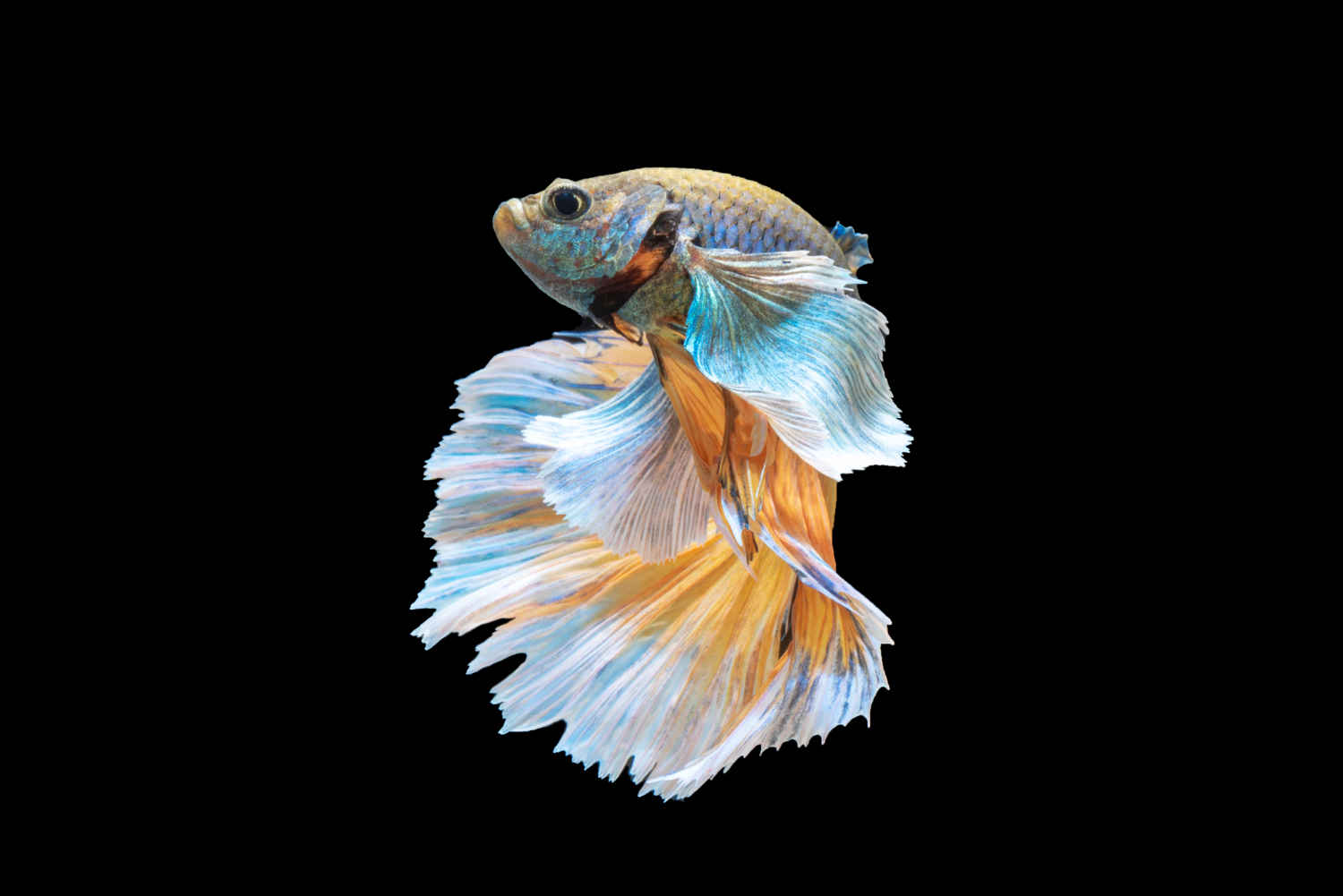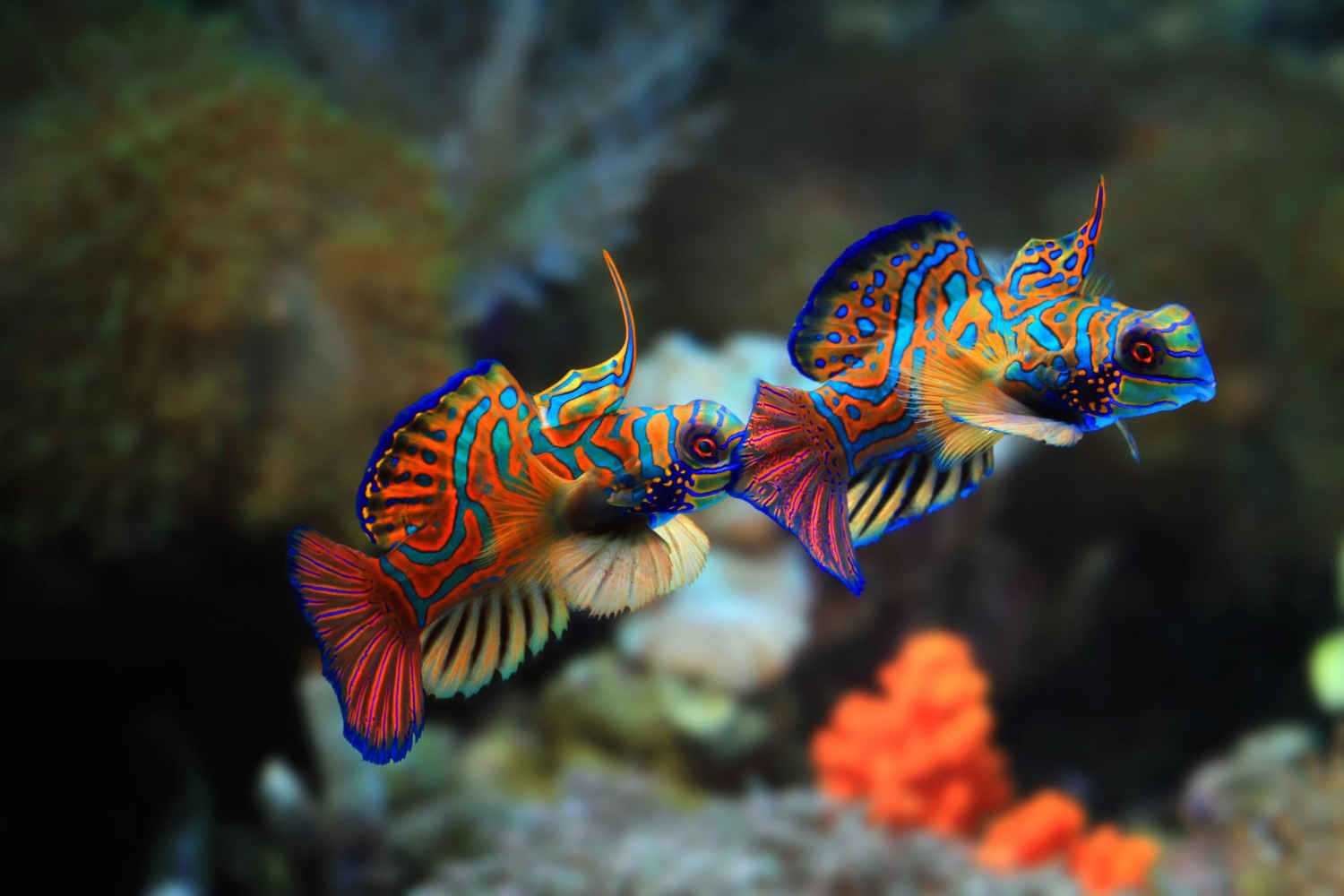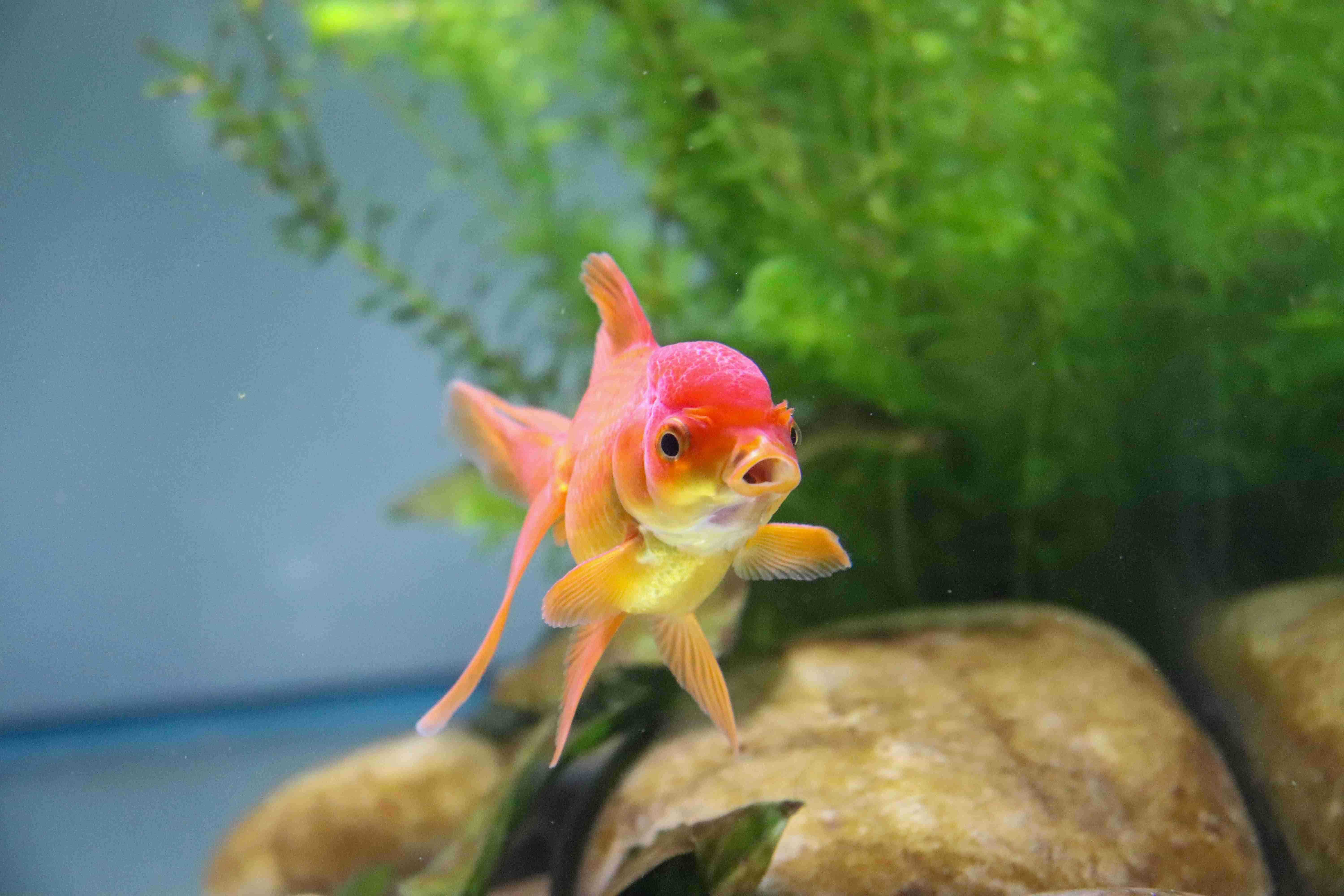Feeding your fish is one of the most important responsibilities you have as a fish owner. But how much food should you be feeding them? Overfeeding can lead to health problems, while underfeeding can result in malnourishment. So, what’s the right amount? In this ultimate guide to properly feeding your fish, we’ll delve into the world of fish feeding and help you determine the right meal size and frequency for your aquatic pets. From understanding your fish’s dietary needs to the importance of portion control, we’ve got you covered. So, let’s dive in!
Fish are fascinating creatures that depend on humans for their survival, particularly when it comes to feeding. Proper feeding is essential to keep your fish healthy and happy. However, determining exactly how much food to give your fish at each feeding can be a little tricky. In this guide, we will provide you with everything you need to know about feeding your fish.
1. Consider the type of fish you have:
Different fish require different amounts of food. For instance, larger fish will require more food than smaller fish. Additionally, certain types of fish require specific diets, so it’s essential to research your fish’s dietary needs to ensure they’re getting the right nutrients.
2. How often should you feed your fish?
Overfeeding is one of the most common mistakes made when feeding fish. It’s important to establish a feeding schedule and stick to it. In general, most fish should be fed once or twice a day. However, some fish may require more frequent feedings, while others may need to be fed every other day. Again, do your research to determine the appropriate feeding schedule for your fish.
3. How much food should you feed your fish?
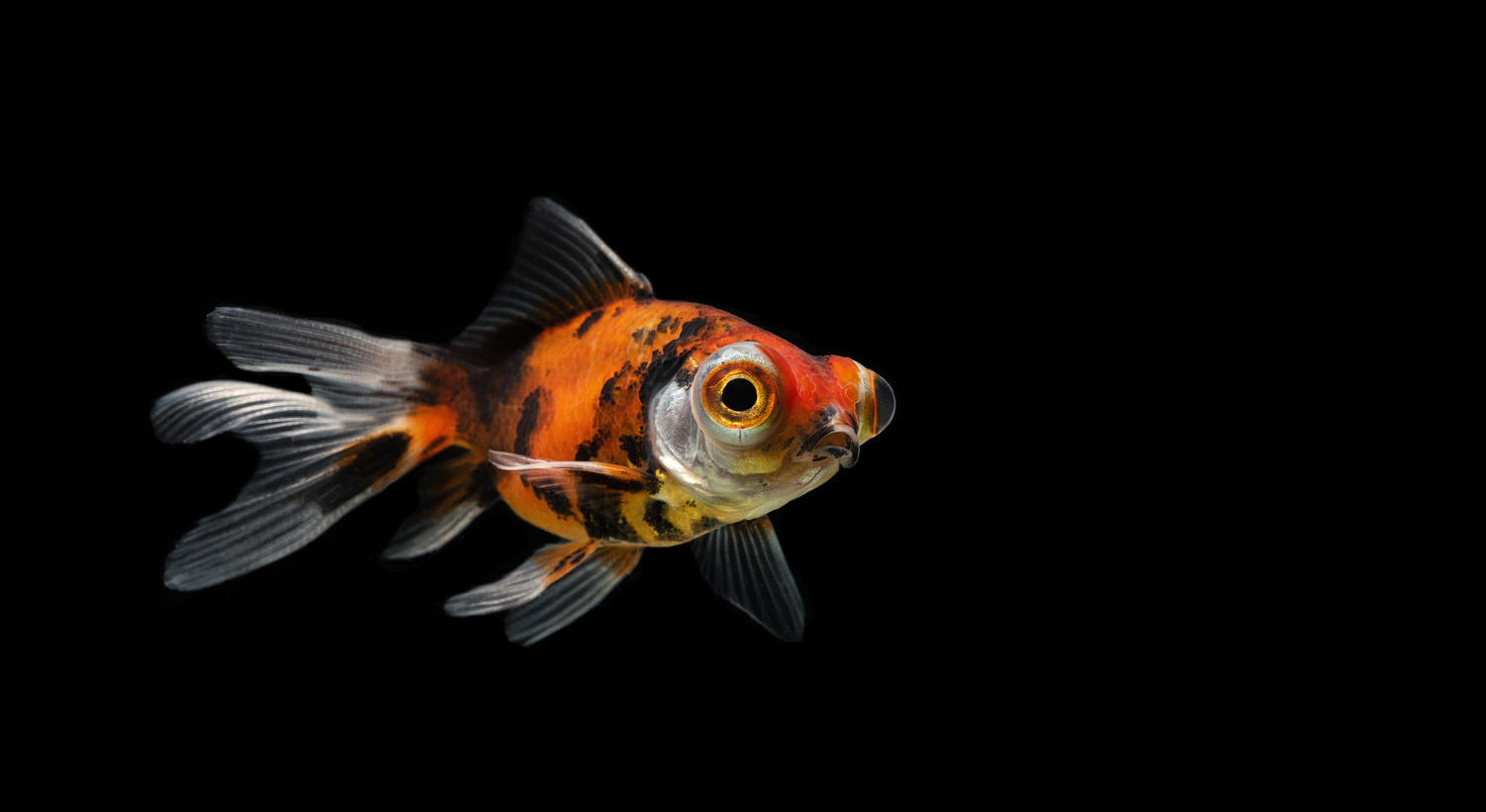
The general rule of thumb is to feed your fish an amount they can eat within two to three minutes. However, it’s important to observe your fish’s behavior during feeding time. If they’re not finishing their food within this time frame, you may be feeding them too much. On the other hand, if they’re devouring their food within seconds, you may need to increase the amount of food you’re giving them.
4. What type of food should you feed your fish?
There are several types of fish food available, including flakes, pellets, frozen, and live food. Again, it’s essential to research your fish’s dietary needs to determine the best type of food for them. In general, most fish will do well on a high-quality flake or pellet food. However, some fish require a more varied diet, including frozen or live foods.
5. Be mindful of the water quality:
Overfeeding can lead to poor water quality, which can be detrimental to your fish’s health. Uneaten food will break down and release harmful toxins into the water. It’s essential to monitor your water quality regularly and perform water changes as needed to ensure your fish are living in a healthy environment.
In conclusion, feeding your fish may seem like a simple task, but it’s essential to get it right. By considering your fish’s dietary needs, establishing a feeding schedule, and monitoring their behavior during feeding time, you can ensure your fish are getting the proper nutrition they need to thrive. Remember, a happy fish is a healthy fish!
As you can see, feeding your fish requires more than just tossing in some flakes and calling it a day. By following the tips and guidelines outlined in this guide, you can ensure that your fish are healthy, happy, and well-fed. Remember to observe your fish’s behavior and adjust their feeding schedule and portions as needed. With a little bit of effort and attention, you can turn every feeding into a feeding frenzy that your fish will love. Happy feeding!


